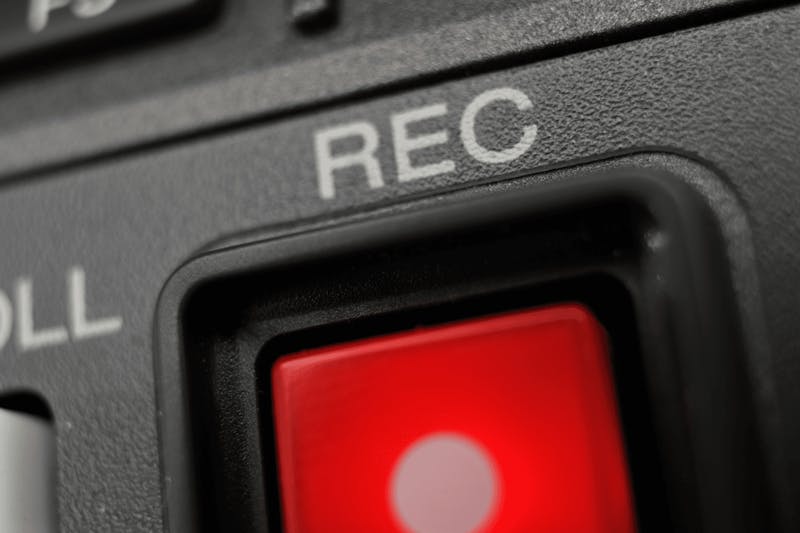
During divorce, it is not uncommon for some spouses to act civil and polite every time they are in front of a Judge. Once they leave the courtroom though, they then act irrationally, sometimes yelling at their spouse or even threatening violence. Proving that your spouse is not the well-mannered person they appear to be in court can help with your divorce case, as it may persuade the judge to rule in your favor on certain issues.
Spouses often think they can reveal their spouse’s true nature by recording them when they are behaving badly. Before you get ready to record, however, there are some things you should know about Florida law.
The Law on Recording Conversations in Florida
Under Florida law, it is illegal to record any conversation without the express consent of all parties involved. Due to this, you can record your spouse but they must know that you are recording and they must consent to it. If your spouse does consent to a recording, it is unlikely that they will behave in such a manner that it could hurt them in court, although that is not always the case.
If you record your spouse without first obtaining their consent, the recording is going to be deemed inadmissible in court. Even worse, you could face criminal charges, as recording someone without their permission is an offense punishable by law.
Exceptions Under Florida Law
Florida’s law on wiretapping, or recording conversations, does allow an exception. The wiretapping law only applies when all parties involved in the conversation can expect a certain level of privacy. For example, if you and your spouse were arguing in your own private home, you cannot record your spouse because that is considered a private conversation.
On the other hand, if you and your spouse are in a public place and an argument erupts, you can record your spouse because they have no expectation of privacy. For example, if you and your spouse both left a court hearing and they started yelling at you outside of the courthouse, you can record them because that is a public place. In this situation, you would not face criminal charges and the recording would likely be considered admissible evidence.
There are Other Options Available
Many people think it is hopeless if their spouse is wise enough to only behave badly in private settings. However, there are still ways to prove your spouse’s behavior without breaking the law. The best evidence in these cases is usually witness testimony. If your spouse loses their temper on a regular basis, it is likely they have done so in front of friends and family. These individuals can testify to the behavior, which could help your case.
Our Florida Divorce Lawyers Can Help You Collect Evidence
Evidence is always important to any divorce case, but it is essential that you obtain it legally. At O’Mara Law Group, our knowledgeable Orlando divorce lawyers can advise on the best types of evidence for your case, and will help you collect it. Call us at (407) 634-6604 or fill out our online form to schedule a consultation and get the legal advice you need.

